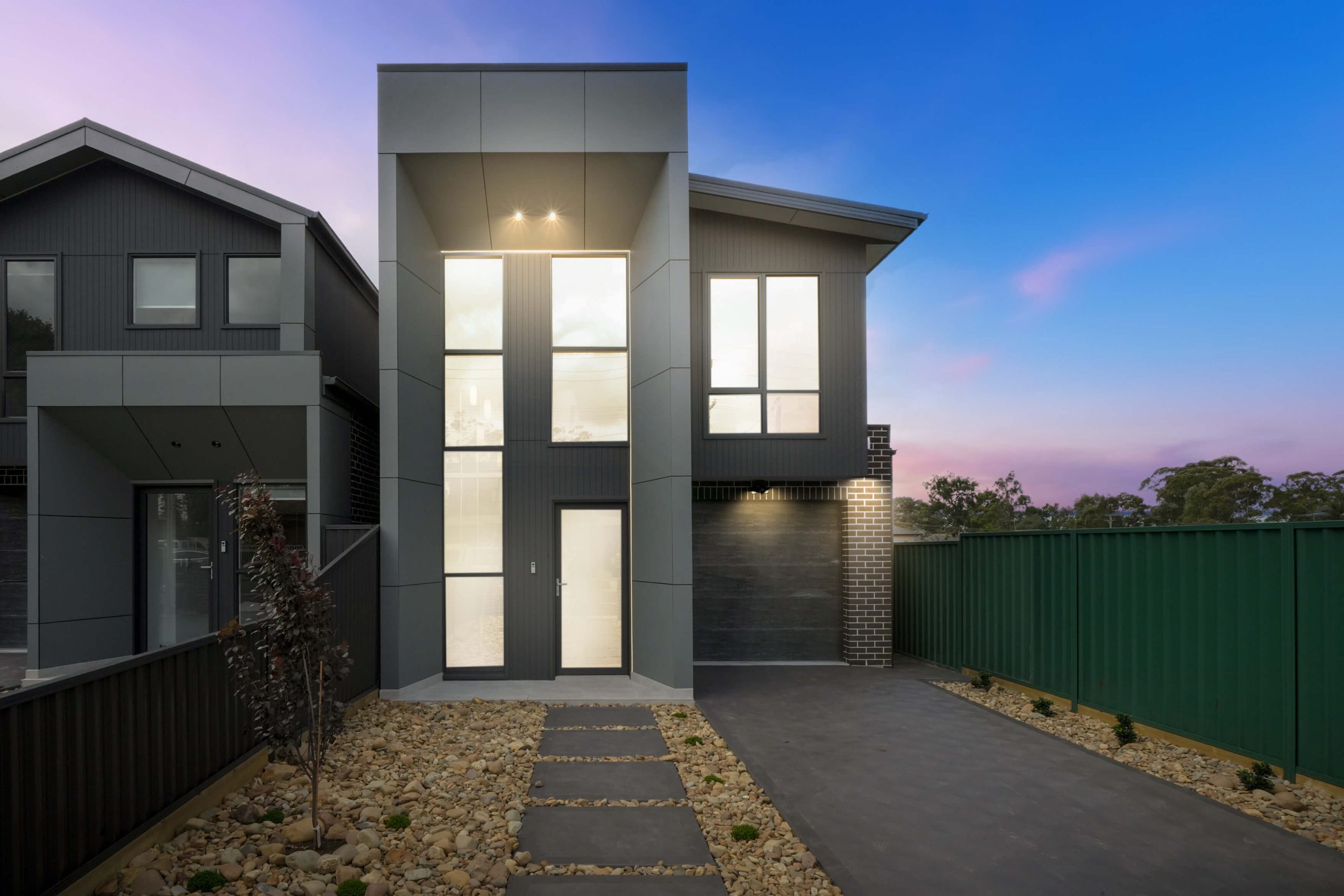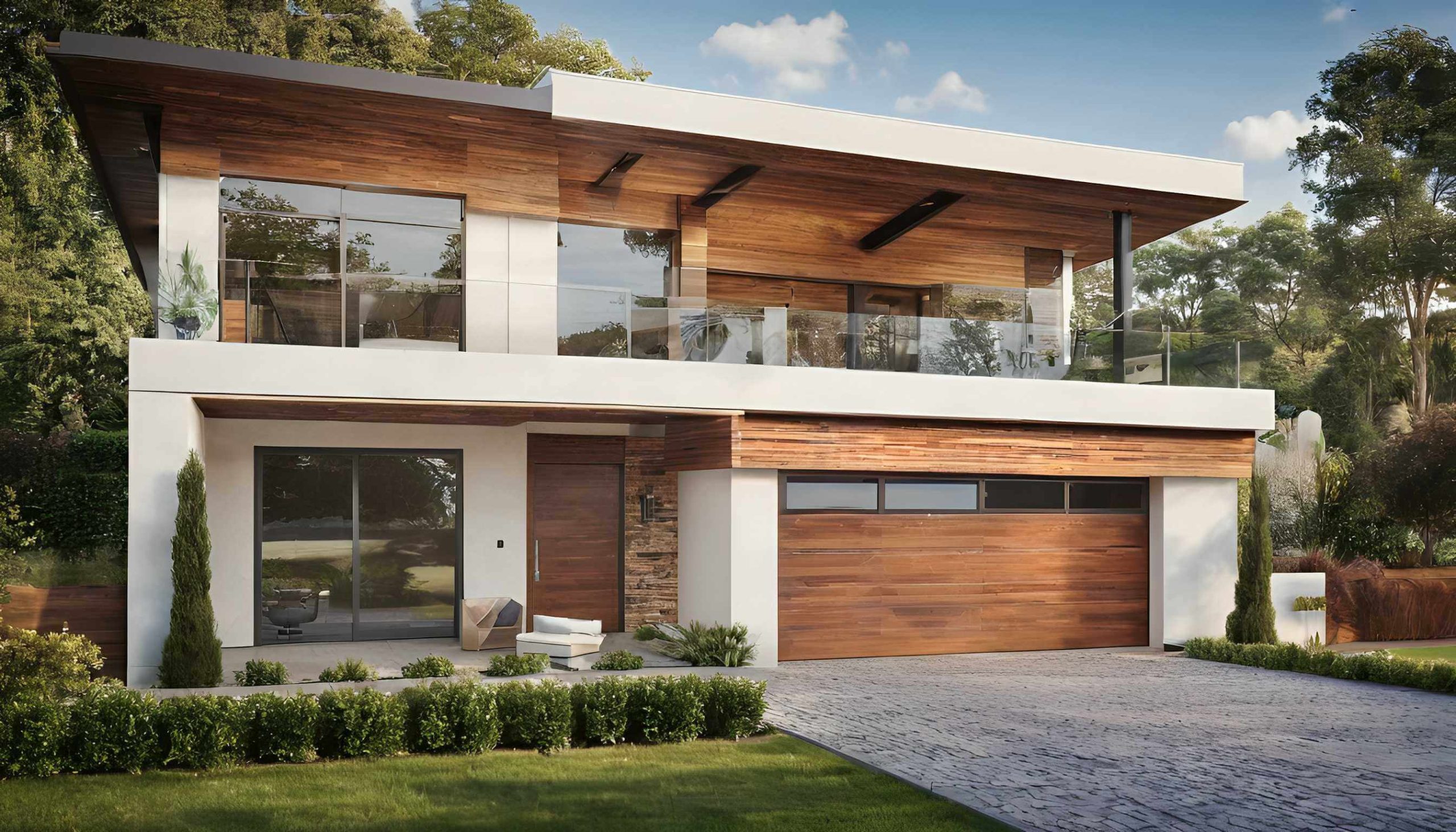
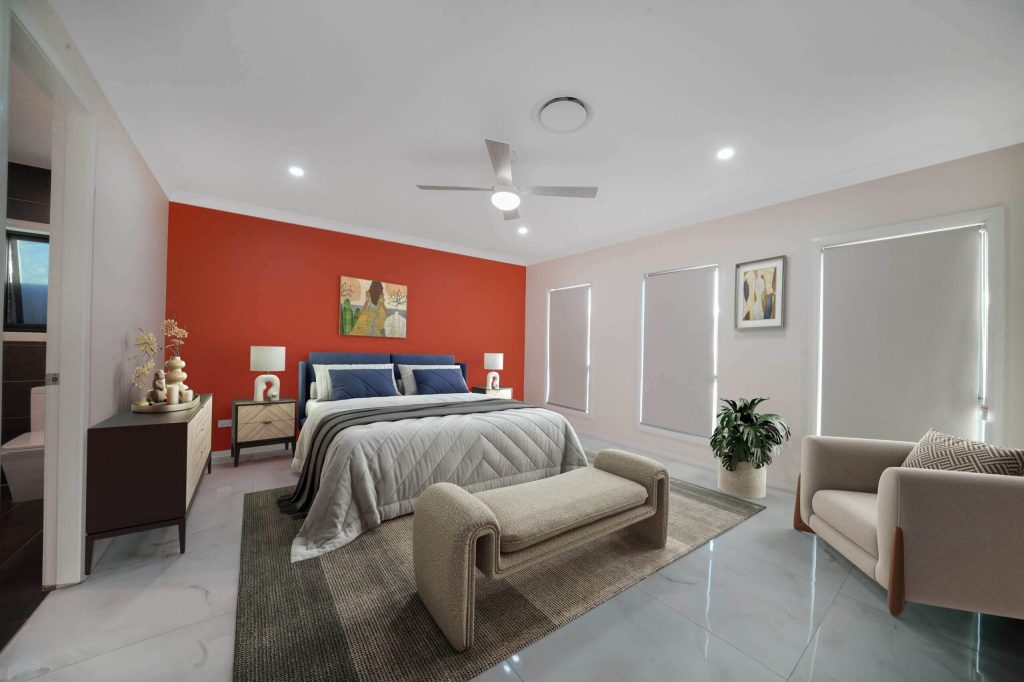
CGI rendering in architecture and real estate is a project that can transformed which can be conceptualized, presented, and marketed.
To deliver photorealistic images and animations CGI rendering has allowed the architects and developers to show their designs with amazing visualization helping clients and the owners to better understand the design. This can make it easier to make informed decisions and adjustments.
CGI rending is a powerful tool for marketing in real estate that brings to projects life. It is made for creating compelling visuals to attract potential buyers and investors. High-quality renderings can display different design options, materials, and finishes allowing the clients to visualize their future spaces vividly. CGI renderings have been used for virtual tours, brochures, websites, and presentations. This can have professionalism of marketing materials. It can improve communication and collaboration during the process of design and can boost the marketability and success of real estate projects.
Benefits of CGI Rendering in Architecture and Real Estate
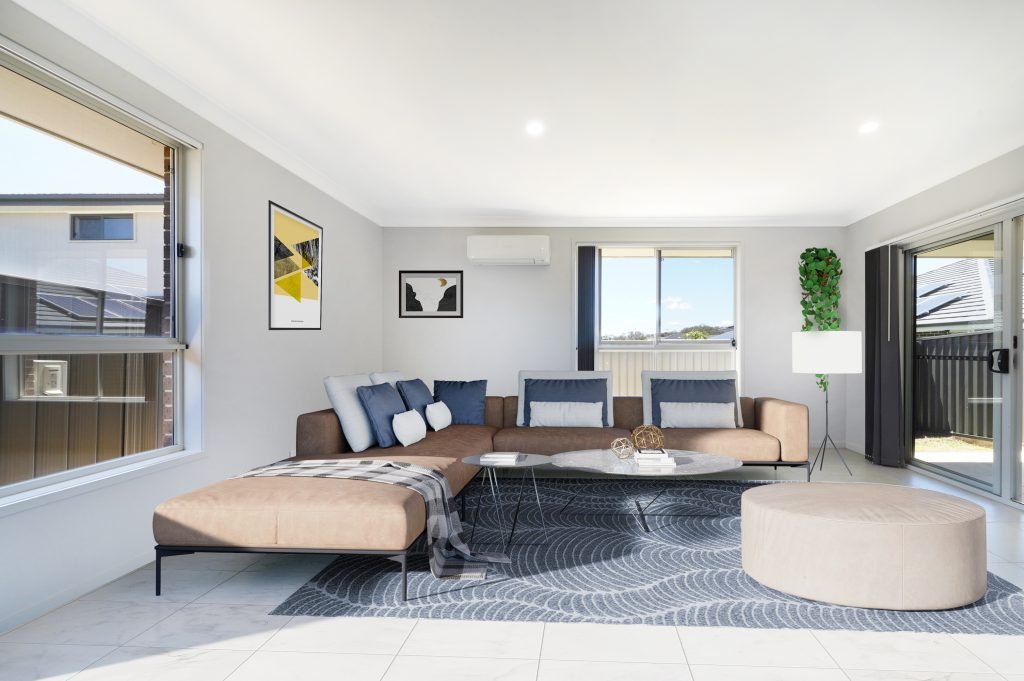
CGI rendering in architecture and real estate has given numerous benefits, that can revolutionize the way projects are developed and marketed. There is one of the advantages of the ability to create highly realistic and detailed visualizations of building and interior design before its construction begins. It can help the buyer and the stakeholders understand the design. When it facilitates better decision-making and reduces the risk of cost on the way of construction.
CGI rendering also efforts the marketing to produce visually stunning images and animations that attract potential buyers and investors. This rendering can be used in brochures, websites, virtual tours, and presentations to show the project in the best light and increase its appeal.
CGI renderings allow architects and designers to experiment with different materials, layouts, and diminishes. It has to allow for quick adjustment and ensure the final design meets their customer expectations.
This can improve the communication and the process of design to boost the marketability of architectural and real estate projects with their indispensable tool in the industry.
3d architecture rendering
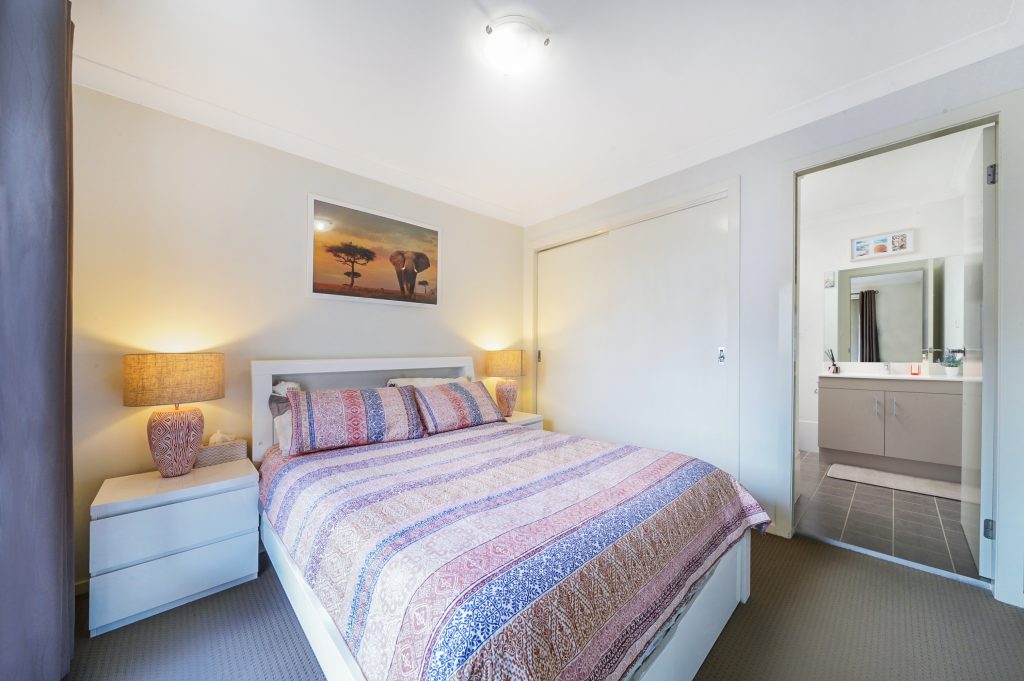
3D architecture rendering has been an important tool for design and real estate industries which can provide detailed visualizations of buildings and the interiors. These can allow architects and designers to present their concepts in a realistic manner, showcasing textures, materials, and lighting effects that can give the buyers a true sense of the final project. This can help the buyers and the owners visualize the result which can make the easier to understand and approve the designs.
The adaptability of 3D architecture rendering can allow quick adjustments and experimentation with different design elements. The owner of this property has been allowed their ideas efficiently. 3D rendering is the most powerful marketing tool that can be used in brochures, websites, virtual tours, and presentations to attract potential buyers and investors with compelling visuals. The gap bridge between the concept and reality, 3D architecture rendering which can be communicated to the process design streamlines and increases the overall appeal and success of architectural projects.
Architectural animations

Architectural animations can be designed by their life by creating dynamic, moving representations of buildings and spaces. Static images and animations can provide a comprehensive, immersive experience that allows the viewers to explore a design from multiple angles and perspectives. The element that can help the buyers and owners to better understand the flow and functionality of a space. It can be made easier to visualize the final project.
Architectural animations are specially designed to show complex projects, demonstrating how the different elements come together in a cohesive design. The feature can be highlighted like natural light variations throughout the day. The interaction of the different materials can be a spatial relationship within the building. These animations have been powerful marketing tools that can capture the attention of potential buyers and investors by offering a compelling and engaging way to experience a project before it is built. Architectural animations play an important role in the design and real estate industries like communication, fostering better understanding, and increasing engagement.
Architectural renders
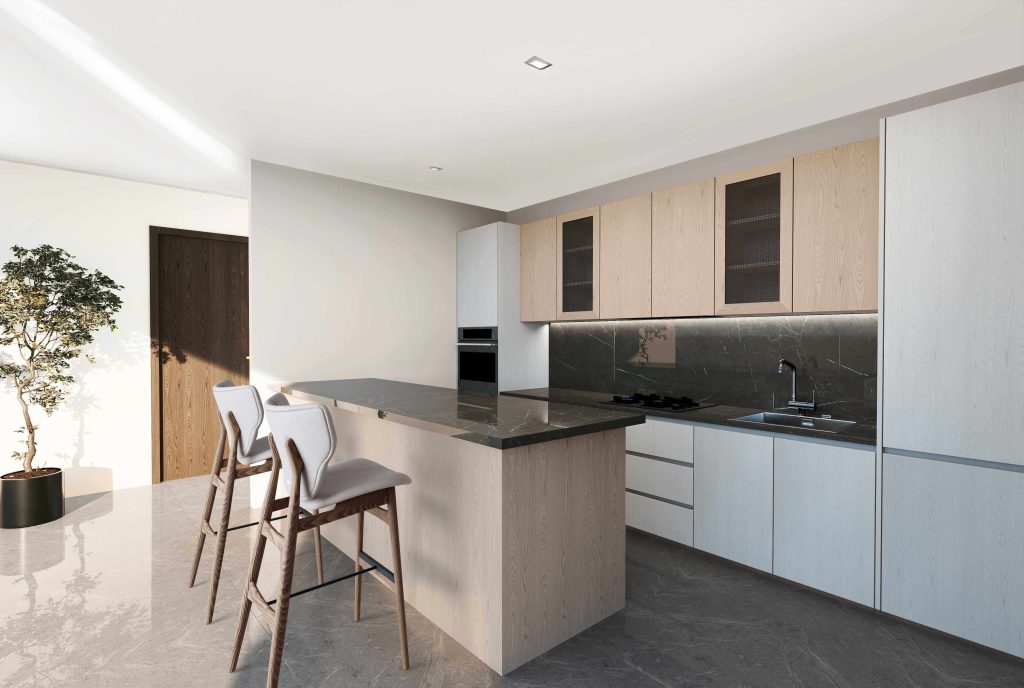
Architectural renders are important tools that can deliver detailed and realistic visual representations of building designs. These high-quality images show the complex details of a project which include the materials, textures, lighting, and landscaping. It can allow the client and the owner to appreciate the envisioned space before construction begins. By representing the designs in a lifelike manner, architectural renders help bridge the gap between imagination and reality, facilitating clearer communication and understanding.
The process of design for approval of these renders is invaluable and enables architects and designers to present their concepts compellingly and persuasively. This can allow for easy exploration of different design options. They are enable to get quick modifications and refinements based on client feedback. Architectural renders serve as powerful marketing assets for promoting materials such as brochures, websites, and virtual tours which can attract potential buyers and investors. In hance, the process of overall design can improve client satisfaction and boost the marketability of real estate projects.
3D Architecture
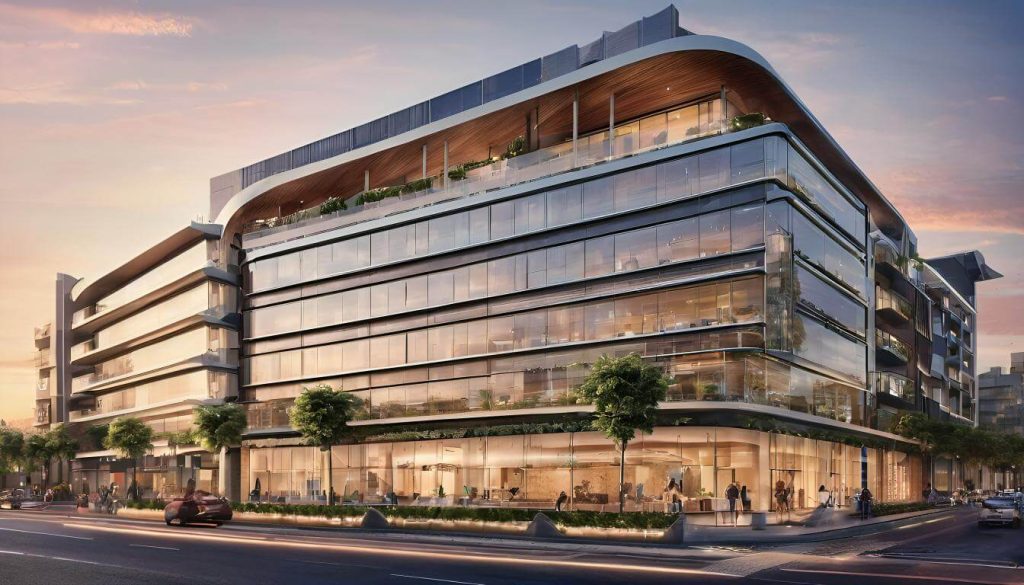
3D architecture has been a design and visualization process by creating detailed, lifelike representations of buildings and areas of the environment. 3D architecture has been architects and designers who can explore and purify their concepts in a virtual environment, testing with various materials, lighting, and layouts before any physical construction begins. This technology improves the communication between clients and agents. it can allow us to visualize the outcome with exceptional clarity and accuracy.
The using of 3D architecture that can be facilitates more efficient and precise design iterations, enabling quick adjustments and improvements based on their feedback. 3D architectural models are powerful tools for marketing and presentations and delivering visually stunning images and animations that can draw the attention of potential buyers and owners. By bridging the gap between imagination and reality, the process of designing 3D architecture can improve collaboration and increase the overall appeal and success of architectural projects.
3D rendering
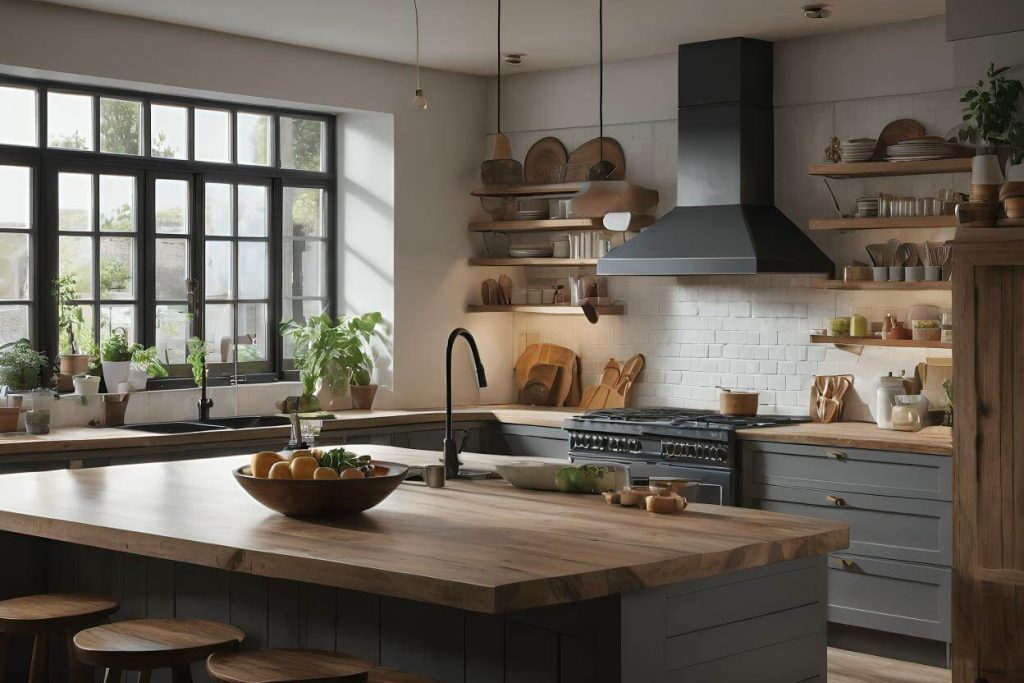
3D rendering can create highly realistic images and animations of designs, showcasing textures, materials, lighting, and shadows with stunning accuracy. This realism helps clients and stakeholders visualize the outcome of a project before any physical work begins, enhancing their understanding and confidence in the design.
3D rendering allows designers to experiment with various design elements such as colors, layouts, and materials quickly and efficiently. This flexibility enables precise adjustments and refinements, ensuring the final design meets the client’s vision and requirements without the need for costly and time-consuming physical prototypes.
High-quality 3D renderings are invaluable tools for communication and marketing. They can be used in presentations, brochures, websites, and virtual tours to effectively convey design concepts to clients, investors, and other stakeholders. This visual clarity helps in securing approvals, attracting potential buyers, and promoting projects more effectively.
3D animation
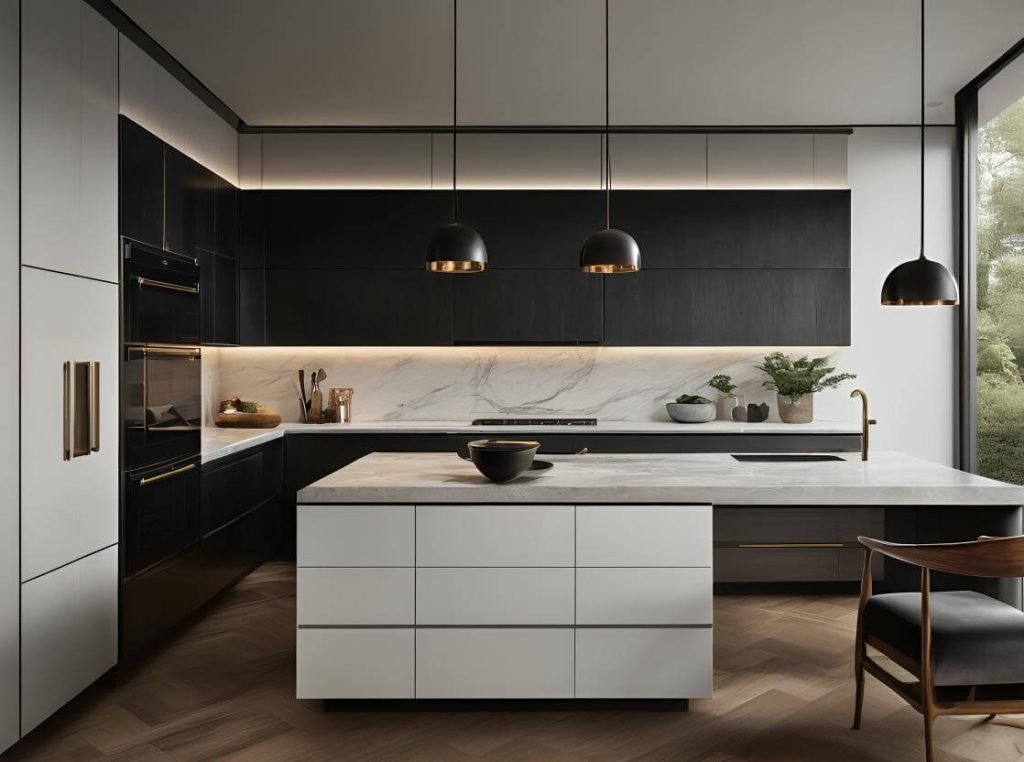
Today the technology of 3D animation can be at the forefront of modern entertainment which brings outstanding levels of realism and imagination to films, television, and video games. According to 3D animation creators can create characters and intricate worlds with their allows for dynamic and engaging storytelling. Visual effects have to improve the live-action footage by seamlessly integrating computer-generated imagery. These can create a spectacular scene that would be impossible or impractical to file in reality.
The latest technology which can improve rendering techniques to capture the motion and processes by AI, has been the quality of significant, and 3D animation of efficiency and VFX. These innovations enable artists can give highly detailed and lifelike animations and to push their boundaries with their possible visuals. The battle scenes have been fantastical creatures and 3D animation. VFX continues to push the boundaries of creativity and transform the way stories are told and experienced in their digital age.
3D architecture rendering
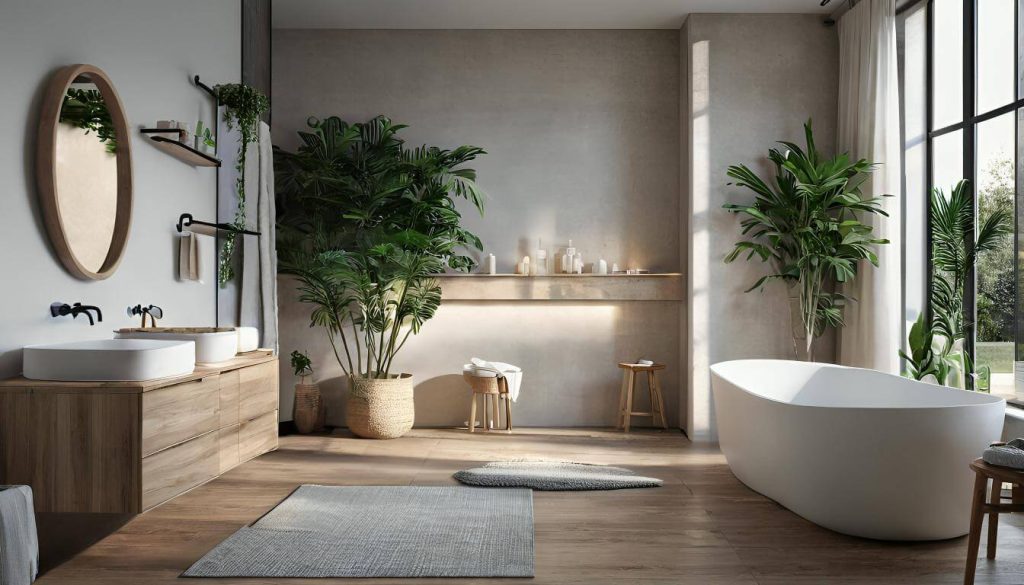
3D architecture rendering which can be transformed in the way of architectural designs that can be presented and refined is a highly realistic and detailed visualization of the building and areas. This rendering shows intricate details such as textures, materials, lighting, and landscaping that can provide a comprehensive view of the project before construction starts. This level can help the client and the agents to better understand and appreciate the design which can make it easier to take the decisions and approvals.
To be used for 3D architecture rendering the designers can test quickly with different design elements and allow for adjustments and iterations based on client feedback. This ensures that the final design should be perfectly with the client’s vision and expectations. This is the powerful tools for marketing that can be promotional material such as brochures, websites, and virtual tours, and attracting potential buyers and investors with visually compelling content.
Therefore 3D architecture rendering has enhanced communication, streamlines the designing process, and can boost the market and success the architectural projects.

